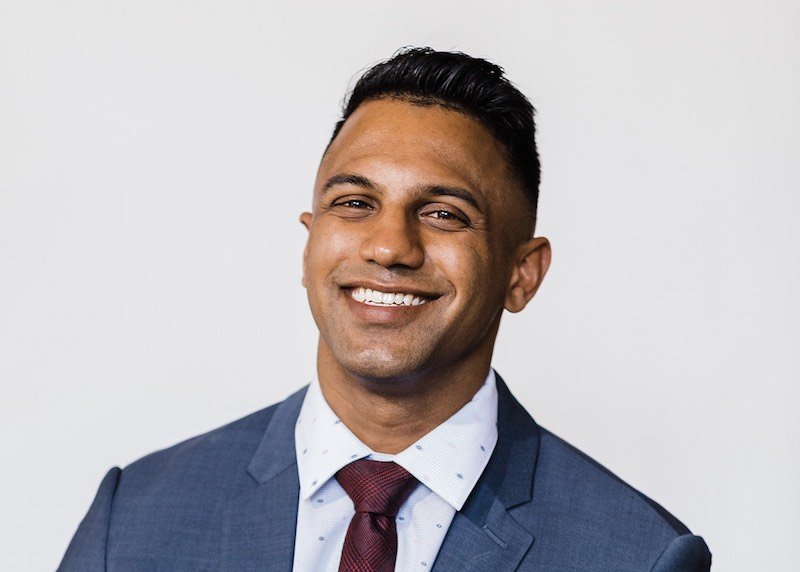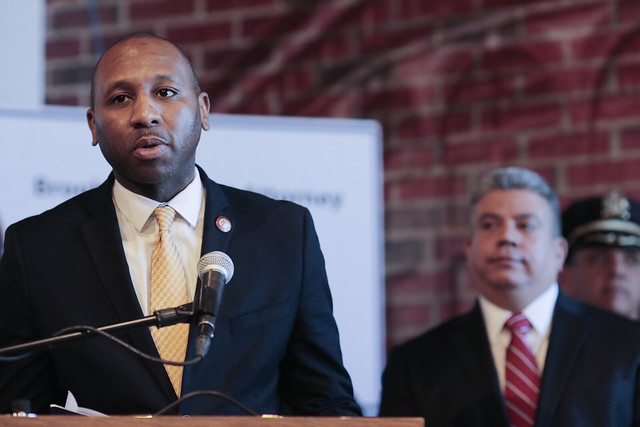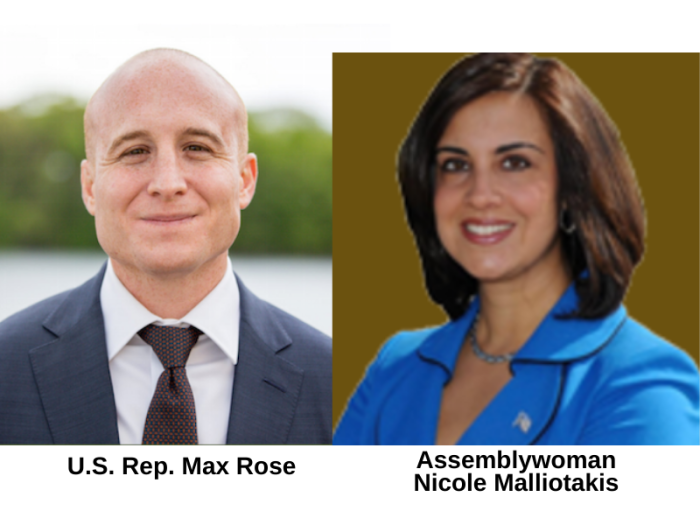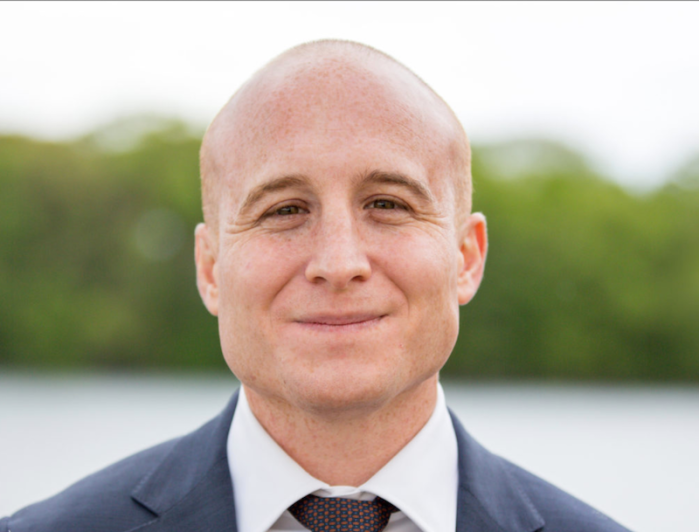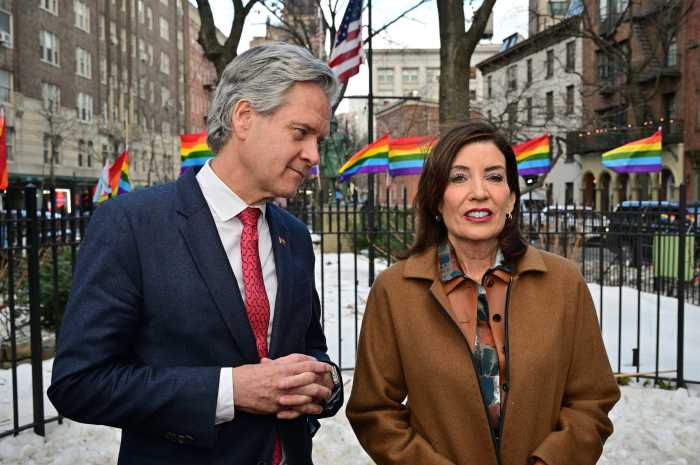Shaniyat Chowdhury has emerged as one of many young, progressive faces nationwide seeking to shape the future of the Democratic Party as he seeks U.S. Rep. Gregory Meeks’ (D-Jamaica, Laurelton, Rosedale, Cambria Heights, Saint Albans, Springfield Gardens, The Rockaways, JFK Airport) House seat in the June 23 primary.
Born to Bangladeshi immigrants, the John Jay-educated, Democratic Socialists of America (DSA)-affiliated Chowdhury, who goes by “Shan”, told Queens County Politics that he got involved with organizing and activism in the wake of Hurricane Sandy, which made him aware of the importance of combating climate change, to make the environment “a better place for our communities.” He later leveraged this experience to assist his fellow NYCHA residents in their tenant association.
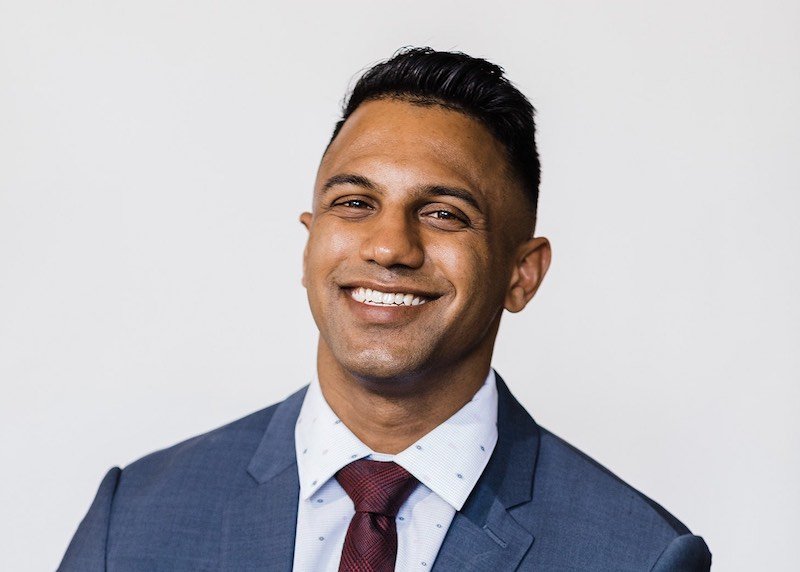
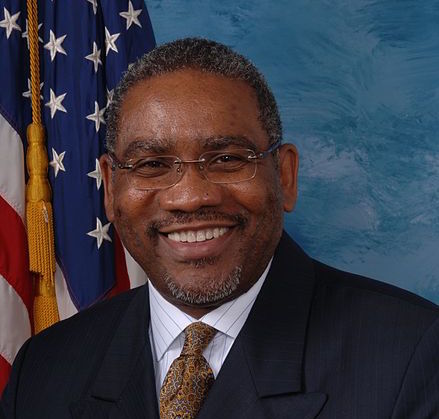
In 2017, Chowdhury went to Albany to intern for Assemblymember Latrice Walker (D-Brooklyn). There, the seeds of his political career began to bud. “That was the year where I felt like more than an intern. I felt like staff,” he recalled. “I was doing a lot of scheduling, to taking meetings, to doing research on policy, and that possibility opened the doors for me to get more involved in politics.”
In December 2018, Chowdhury went to Tijuana, Mexico with a group of “other veteran organizers,” during the migrant crisis to assist “refugees and asylum seekers.” “I saw firsthand what these families were going through, and the stories were heartbreaking,” he said.
He reached out to Meeks to offer suggestions on how the congressman could help the migrants. Meeks responded, suggesting that those in detention centers join the military, a response that Chowdhury, a Marine Corps veteran himself, found “upsetting,” especially considering Queens’ ethnic diversity.
Chowdhury also indicated disapproval with Meeks’ corporate donor base, highlighting that his own campaign is taking “zero dollars from any corporate donors,” as well as Meeks’ support of policies that allowed district residents to face foreclosure on their homes.
“In the twenty years of his representation, he has been supporting payday lending industries who have been preying on local families in the district,” he told this reporter. “New York Five has the highest rates of home foreclosures in all of New York City…No person should have to lose their home, and wealthy corporations and real estate industries should not be benefiting off of that.”
Chowdhury then indicated that he considers housing rights his top priority, recognizing that the housing crisis “hasn’t gotten better since the financial crisis and Great Recession.”
In order to reverse the problem, he suggested several policy changes: creating 12 million public housing units to “make sure that no person’s homeless,” reparations for communities impacted by racist policies, such as redlining, and repealing the Faircloth Amendment, a Department of Housing and Urban Development policy that bars investment and construction of public housing with Capital or Operating Funds if these new units would increase the units the Public Housing Authority owned, operated, or assisted since October 1999. Despite opposing the amendment, Chowdhury had to look it up to explain to this reporter what it entailed.
He also called for eliminating public college tuition and for public housing to be more compliant with U.S. Rep. Alexandria Ocasio-Cortez’s (D-Northwestern Queens, Bronx) proposed Green New Deal, clarifying that the environment is his other top priority. “Climate change is the biggest existential threat to our country and our world,” said Chowdhury. “We should definitely move into an economy where it’s more socially, economically, and environmentally sustainable for the next generation.”
When asked about ways in which he respects or agrees with Meeks, Chowdhury struggled to answer, but ultimately acknowledged that he respected the congressman’s status as the first black Queens County Democratic Party chairman as well as his greater knack for recognizing the demographic and political challenges to his reelection that other establishment Democrats do not. “I feel that he does recognize that I’m not someone to be taken lightly,” he said.
Whether Chowdhury can appeal beyond the New York DSA’s base of young gentrifiers remains unclear. When this reporter asked him how he could do so, he dodged the question, highlighted the district’s historically low voter turnout, and emphasized the primary message of his campaign. “Our biggest central message is…to dismantle the system that has been oppressing working families, especially working families of color…In order to dismantle a system like that, we need to challenge those who enable it,” he said. “[Meeks] is going to have the money, we’re going to have the people…We are building coalitions with grassroots organizers…and putting all that together and we’re using the campaign as a tool to drive the message to the finish line.”


